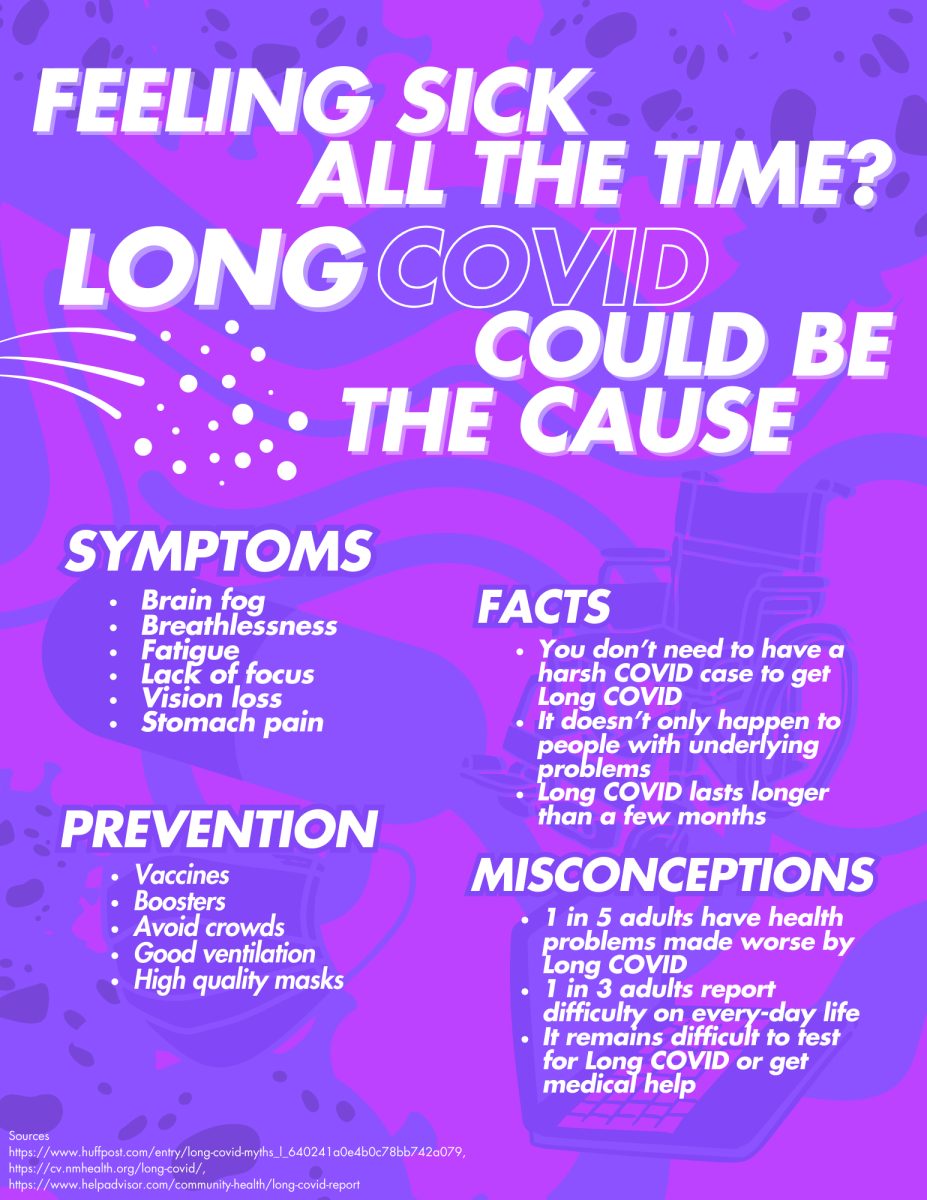This summer, the beloved toy, Barbie, took the world by storm, grossing $155 million in the first week of its release, and claiming $626 million after two months. The “Barbie” movie effectively raised awareness of gender equity and the impact of a patriarchal social structure, a world run mostly by men, that exists in the modern world.
The “Barbie” movie broke box office records, making it one of the most popular movies of the summer. The movie is about how Barbie dolls come to life in a place called Barbieland, and take on respective roles based on societal norms at the time Barbie dolls were invented. Stereotypically, Barbie depicts the “conventional” beauty standards of the 1960’s, when she was created. Weird Barbie is “weird”, because she was played with too hard, and Allan, Ken’s best friend, is being funny and friendly to everyone. Barbieland is run under a matriarchy, while the Kens, the men of Barbieland, serve as “accessories” to the Barbies, and don’t hold any positions of power, essentially switching the roles of men in the real world with women.
However, Stereotypical Barbie, played by Margot Robbie, begins to question her “perfect” life, as her experience in Barbieland begins to change. So, she travels to the “real world” with Ken to find her own identity and figure out the meaning of life. While experiencing the “real world”, Barbie learns the struggles associated with being a human woman, and Ken discovers the patriarchal system, which he brings back to the Ken’s to enforce it on Barbieland.
According to Npr.org, “Barbie” brought close to $1.3 billion at the worldwide box office, becoming one of the only female-dominated movies among the top 100 grossing films of all time.
Part of the movie’s success is due to the upbeat and catchy soundtrack, which features high-profile artists like Lizzo, Ice Spice, Nicki Minaj, Charli XCX, and Karol G. The tear-jerking, emotional song of the movie, “What Was I Made for?” by Billie Eilish was one of the most popular songs on the soundtrack.
The “Barbie” movie is important because it sparks conversations about gender roles in society, body image, and about women’s struggles in a largely male dominated society. The movie helps demonstrate the double standards women face, including taking care of children, male dominated workplaces, physical appearance “standards”, and being submissive to men. “Barbie” has opened the eyes of not only women, but also men to these struggles, which helps them consider their role in the patriarchy. Not only does the movie appeal to women by conveying struggles they can relate to, but also demonstrates that the patriarchy is also harmful to men, and that men also have disproportionate standards in society.
Some may argue that the movie promotes “toxic femininity” and portrays the idea that men are inferior to women. However, the movie doesn’t perpetuate any ideas of misandry, but rather helps make sexism and the patriarchy easier to understand for men and even women. The movie’s message is about the experiences women face in society, rather than suggest the idea that men are inferior to women. The movie simply flips roles and shows extremes that help shed light on the issue. Although the movie is heavily targeted to the female gaze, it is a satire and not toxically feminine. The movie features beautiful fashion, hair, and makeup, and has created a culture where women are not afraid to express their femininity when they say, “Hi Barbie!” to another woman dressed in pink at a theater. The “Barbie” movie helps women embrace their femininity and beauty regardless of any insecurities, which helps dismantle the beauty standards forced on women today. It is an idea of acceptance, not toxically feminine.
The Barbie movie is not only whimsical, fun, and nostalgic to watch, but it serves an important purpose in mitigating and spreading awareness about how women struggle under gender roles, unattainable beauty standards, and sexism in society. People should approach this movie with an open mind, and with the understanding that the movie is a satire, not anti-male. People should also evaluate how they may be contributing to the patriarchy, and steps they can take to do their part in ending the war against women.








